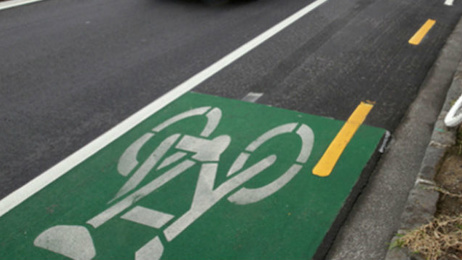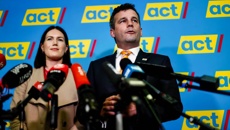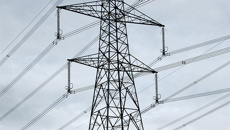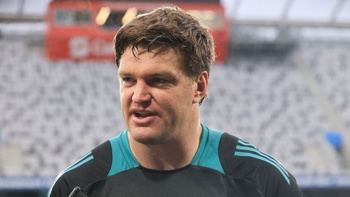I’ve been in two minds as to whether to express an opinion or make comment about the horrendous car crash which resulted in 7 fatalities in South Taranaki yesterday. Clearly I have overcome those reservations because here we are.
There will be some people who will find it hard to continue to engage in this conversation because it is an all too familiar and tragic headline. But it is an ongoing story in the NZ news landscape. It is also worth mentioning that the trend in last three decades has seen a significant decline in the road toll, to a fraction of what it was in the 80s, but lately, things seems to have changed.
The causes of such crashes will be debated, perhaps with a sense of futility. Because no matter what events we witness, or comments made by police, politicians and on talkback, nothing really seems to change.
It would be hasty to leap to any conclusions about this particular incident. But the likelihood is that it will have been, like many accidents, a human error present as either a significant, if not the sole factor in this terrible tragedy.
Road commentators have called for NZ to be almost entirely protected by median barriers. While this might be a possible and costly solution one can’t help but think that this won’t solve the problem of people making bad decisions with fatal consequences.
Then again you might wonder how people would view the cost of a solution if we were to suffer the deaths of 200-300 people a year through the acts of terrorists. How many millions would be spent to keep us safe from events that understandably strike terror into our hearts.
But when it comes to the road toll, perhaps our natural human reaction over time is to have become numb to the pain experienced by those directly affected, including families of the victims, friends, police and emergency personnel, all of whom have to deal with the horrendous aftermath.
On the other hand we have the Associate Transport Minister Julie Anne Genter advocating a target road toll of zero. While one can relate to such an aspirational goal, from a practical point of view it is hardly in the realms of reality. On that basis it is ridiculous because it fails to acknowledge the realities and the nature of NZ geography and the sort of roads we have built to get around.
I understand the Minister's motivation for that zero target because clearly there is no such thing as an acceptable death on the roads. But in reality I’m just not sure it is particularly helpful in coming up with a solution. It also seems to assume that the government, if it just tried hard enough, could solve the problem.
In the end it is us out there on the roads. It is us, the drivers, making the decisions that we do and tragically some of the most innocent mistakes can, in the wrong circumstances, have fatal consequences.
There are obvious, well traversed factors that we will continue to talk about, such as speed, fatigue, alcohol, inattention, impatience, or just plain carelessness. But it would seem that many of these factors fall under the umbrella of the choices we make. We need to take that moment to think twice.
We need continually to ask before a rash decision – do I really need to do this or am I putting myself and others in danger?
Perhaps take a moment before we get into the car to think about our own impulses and the risks we might be tempted to take. Think twice. Because there is no mistake on the roads worth learning the hard way
Take your Radio, Podcasts and Music with you









